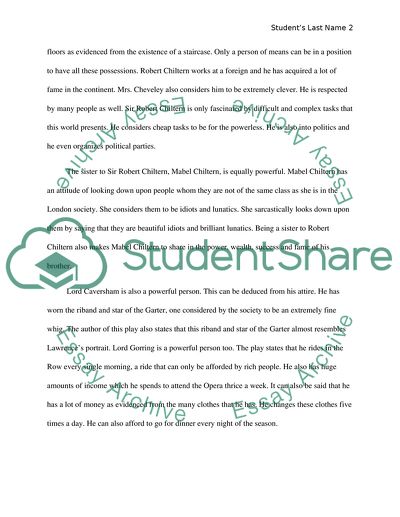Cite this document
(“Marxist Theory Critcism Research Paper ((An Ideal husband)) drama Essay”, n.d.)
Retrieved from https://studentshare.org/literature/1697728-marxist-theory-critcism-research-paper-an-ideal-husband-drama-story
Retrieved from https://studentshare.org/literature/1697728-marxist-theory-critcism-research-paper-an-ideal-husband-drama-story
(Marxist Theory Critcism Research Paper ((An Ideal husband)) Drama Essay)
https://studentshare.org/literature/1697728-marxist-theory-critcism-research-paper-an-ideal-husband-drama-story.
https://studentshare.org/literature/1697728-marxist-theory-critcism-research-paper-an-ideal-husband-drama-story.
“Marxist Theory Critcism Research Paper ((An Ideal husband)) Drama Essay”, n.d. https://studentshare.org/literature/1697728-marxist-theory-critcism-research-paper-an-ideal-husband-drama-story.


